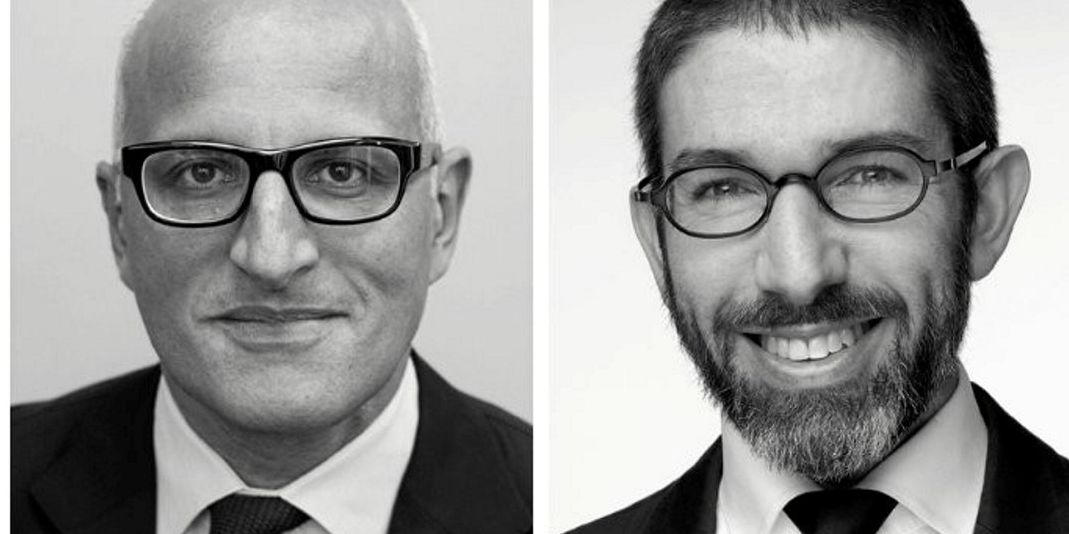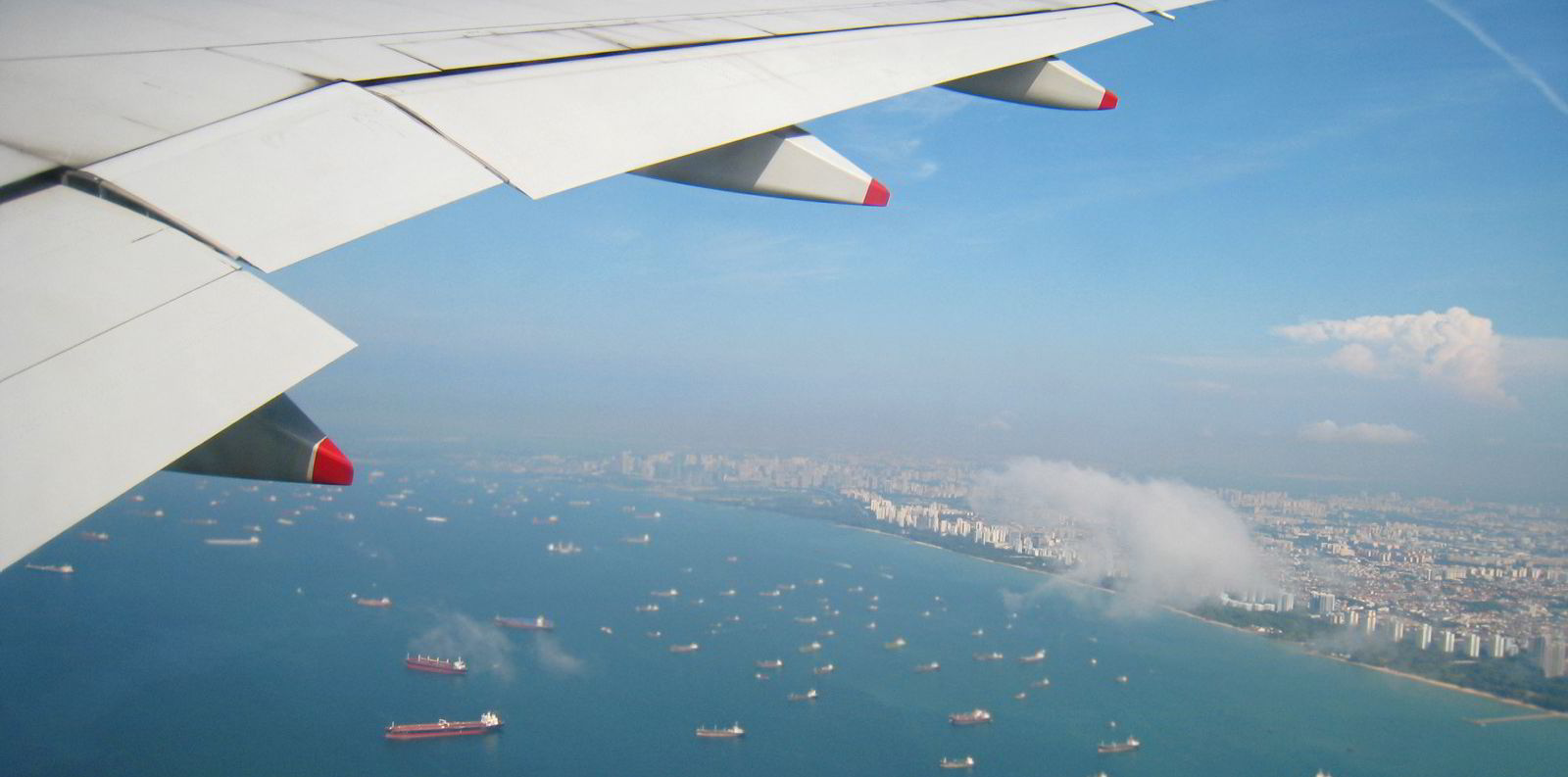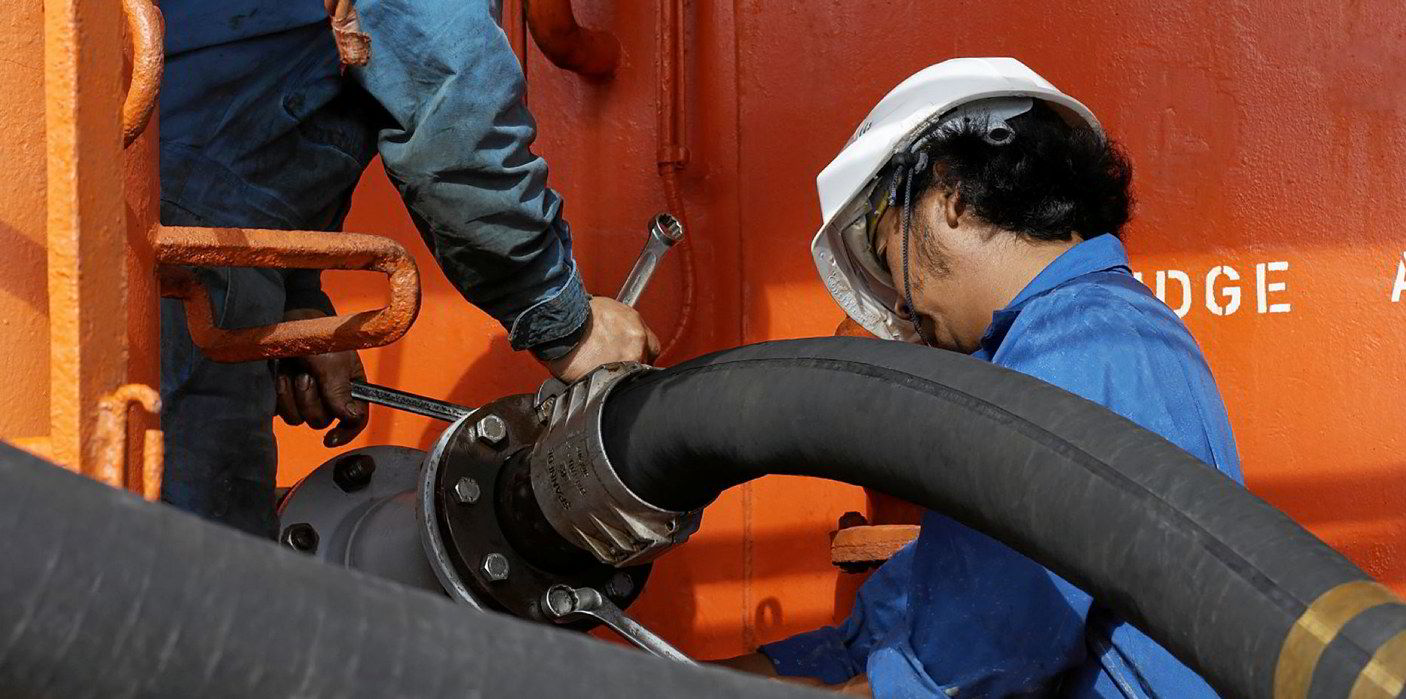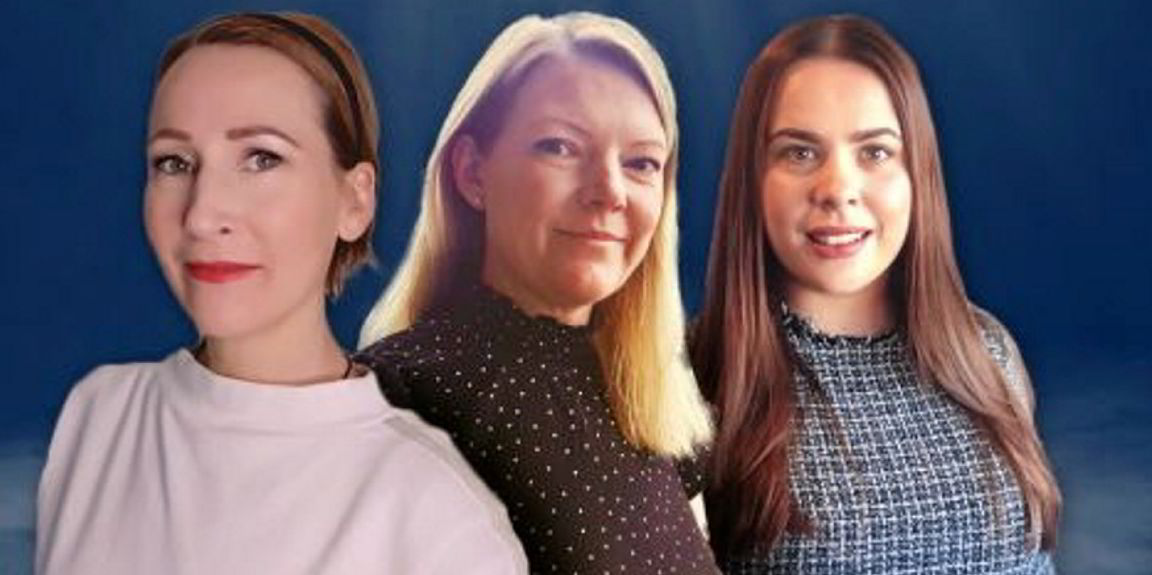Shipowners and charterers will shortly be able to buy insurance to protect themselves from falls in the freight market, as well as increases in fuel prices.
Paratus Maritime Insurance is gearing up to begin selling the new policy in the next two weeks or so, following its launch of the world's first-ever fuel-price insurance product in October last year.
Shipbroking giant Gibsons is acting as the fuel-price insurance's policy distributor to shipping customers and will do the same for Paratus' incoming freight product.
The policy itself is sold via specialty insurance broker Price Forbes, which is part of the Ardonagh Group.
Paratus is led by its founder Gus Majed, an ex-partner at Vitol, who co-founded the oil trader's derivatives desks in London, Geneva and Singapore.
The London-based company has been developing a suite of "parametric" insurance products since late 2019 and launched in May 2020.
It gained its Guernsey Financial Services Commission (GFSC) license as a Class 3-regulated insurer in August last year.
Its advisory board includes Dr Richard Ward, former chief executive of Lloyd’s of London, plus former Vitol executives and will soon include Harry Theochari, global head of transport at law firm Norton Rose.
Freight insurance
Paratus hopes to enter the market with its freight-rate insurance for bulkers and tankers as soon as the policy has been approved by the GFSC, expected in the next couple of weeks.
Parties will be able to buy cover for one vessel or their whole fleet on a pre-defined route against a particular fuel grade, comprising 0.5% marine fuel, marine gasoil and LNG.
Parametric insurance, also known as index-based insurance, is a non-traditional insurance product that offers payouts based upon a trigger event.
To date, parametric insurance policies to date have mostly been implemented in developing economies, often for agricultural insurance.
In addition to its fuel and freight price insurance products for the shipping industry, Paratus is developing parametric insurance for aviation and the renewables, mining and metals sectors. It is also developing a carbon policy.
"What we wanted to do was give a universal risk management solution for everybody in the market, because we've seen what a lot of these derivatives do, particularly with negative oil prices and volatility," Majed told TradeWinds.
"Everybody understands insurance — you pay the premium and that's the end of it. Also, depending on the jurisdiction, it's essentially tax deductible.
"If you're a charterer and you're worried about the bunker price spiking, you buy the policy. And if you're worried about the freight rate on top of that spiking, you buy the policy," he continued.
"Conversely, if you're an owner and you want to lock in your freight that you anticipate you will gain and there's no way to do it, you just come in and buy a policy straight away and we'll protect against the collapse in freight."
Unlike buying freight derivatives, buying insurance is simpler and it sits on the balance sheet as a cost, rather than requiring separate, complex accounting and personal liability for whoever owns the mark to market, he said.
Inspiration strikes
The idea for developing parametric insurance for shipping sprang from a slightly strange confluence of things, its inventor Majed told TradeWinds.
The main inspiration came when major airlines, with whom Majed had been working, suffered big losses in the conventional fuel derivatives market, he explained.
"I had been contacted by one of the largest airlines, who had bought 250m barrels of fixed price at $90 a barrel and the market was $30. They had many billions of dollars of mark-to-market [losses] hit them," he told TradeWinds.
Seeing the damage wreaked by derivatives sparked the need to develop a product that was easily intelligible, flexible and accessible to anyone, Majed explained.
Cows and corn — a lightbulb moment
During research and development, the Paratus team stumbled upon US government farming subsidies that allow Midwest dairy and grain farmers to protect themselves from falls in the price of milk and corn.
That, Majed said, was the light-bulb moment that made the team think that insurance was the answer.
"The is the first time an insurance policy is being used to protect fuel prices," Jake Greenberg, Paratus' chief commercial officer, told TradeWinds.
Gus Majed and Jake Greenberg have been working together for the past three or so years.
After respective careers in oil trading and finance, the pair entered shipping in 2019 through their consultancy vehicle Enerjen Capital, which offered bunker hedging solutions to the sector ahead of IMO 2020.
Greenberg was originally introduced to Majed via renowned oil trader Andy Hall, who recommended Majed's services as a hedging expert.
Greenberg, former global head of natural resources at Bank of America Merrill Lynch, believes the company's parametric insurance products have the potential to disrupt investment banks that offer oil and fuel-price hedges to customers.
"They've made it more and more difficult to use their products, they've made their products more expensive and opaque," he said.
Majed does not see it in quite the same way — he thinks Paratus' offering will complement rather than rival big banks.
"We will become another avenue by which to allow those who are unable to access the very complex, very specialised, highly capital-intensive derivatives market to come to us," he said.







